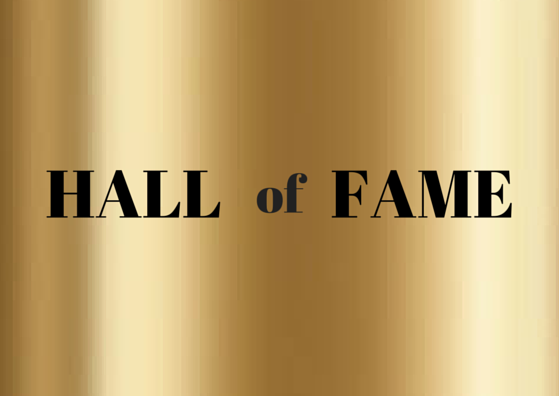By Sinead Carew
NEW YORK (Reuters) – After starting out selling household wares on the boardwalk in Atlantic City, Billy Mays made it big in advertising when he took his sales skills to television to promote a stain remover.
Now the infomercial industry is in need of a new star after the death on Sunday of Mays, 50, its most famous pitchman — known for his blue shirts, black beard and a tendency to shout out out his wares.
Mays’ “regular guy” approach was his biggest asset for convincing viewers to buy things they never knew they needed.
“The thing about Billy was that he was an average guy so he could relate to the average guy,” said A.J. Khubani, chief executive of product marketer TelleBrands, which often hired Mays. He said Mays picked up a lot of his sales skills by taking note of the reactions of customers he met in person.
Khubani said he plans to go ahead with a new marketing campaign due to start next Monday for an in-car gadget, which he hopes will be Mays’ most successful TelleBrands pitch. But he said it was unclear how his death would affect sales.
Mays, also a star in Discovery Channel’s PitchMen reality TV show that documents his search for new inventions, became a familiar face through infomercials — known in the industry as direct response ads, where viewers are promised discounts if they call to make a purchase immediately after a commercial.
A Florida medical examiner said Mays had heart disease, which could have caused his sudden death at his home in Tampa, Florida.
“It was his enthusiasm. When he found a product he could believe in he was very, very enthusiastic. That was infectious to the buyers,” said Bill Kittel, president of Barry Marketing Group, a consulting firm that produces infomercials.
INFECTIOUS ENTHUSIASM
Infomercials often last almost 30 minutes and air in the middle of the night, when broadcasters are looking to make some money when most viewers are asleep. But Mays was well known for achieving big sales in much shorter ad slots.
After years selling at fairs and trade shows, he went on TV in the late 1990s to promote a stain remover called OxiClean for a family-run business Orange Glo International, which sold the OxiClean brand to Church & Dwight in 2006.
Joel Appel, then head of Orange Glo, said his father Max hired Mays after seeing his live pitches at trade shows.
“They were competing against each other trying to sell products live. My father’s microphone broke and Billy helped him out,” said Appel, describing his father’s first meeting with Mays in Philadelphia. “We just thought he was the best pitchman, the best with the people.”
Even after he became successful, Appel said Mays continued to work hard doing live demos as well as TV ads. “He’d go and sell 100,000 units on television but the next day he’d spend 20 minutes answering questions” for an old lady at a store product demonstration, he said.
Infomercial specialists say the weak economy has helped their business because more people are staying at home and looking for bargains on TV.
Asked who could be the next heavy hitter in the infomercial world, several industry executives had the same answer: no one in a group of as many as 40 TV promoters is as well recognized as Mays, including his PitchMen show co-star, Anthony Sullivan.
Sam Catanese, CEO of Infomercial Monitoring Service, said marketers saw Mays as a valuable spokesman because consumers trusted him. “It’s going to be hard to fill his shoes because he could sell a product because of his recognition,” he said.
“There are a lot of pitch people but they’re not as out front as Billy,” he said.
(Reporting by Sinead Carew; Editing by Richard Chang)
Copyright 2009 Reuters




